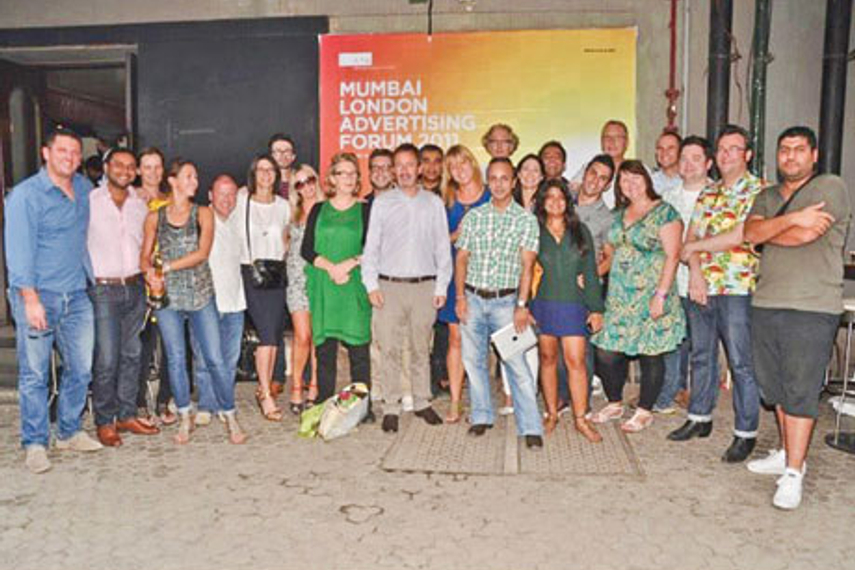
Please sign in or register
Existing users sign in here
Having trouble signing in?
Contact Customer Support at
[email protected]
or call+91 22 69489600
Shephali Bhatt speaks to five experts, from India and the UK, to understand how the intent can be made to work

Contact Customer Support at
[email protected]
or call+91 22 69489600
Top news, insights and analysis every weekday
Sign up for Campaign Bulletins
Titan’s ‘Humari Diwali’ film spotlights retail staff who keep the festive spirit glowing—even as they spend it behind the counter.
As festive ad clutter peaks, reward-led engagement — with experiential incentives, gamified participation, and frictionless redemption — can help brands cut through noise.
As gen AI powers faster campaign production, marketers confront a new paradox — efficiency at the expense of emotion, and originality lost in translation.
Apple retains the world’s most valuable brand tag for the 13th straight year, Interbrand report reveals a 4% slide in value as Microsoft, Amazon and NVIDIA are right on its heels.